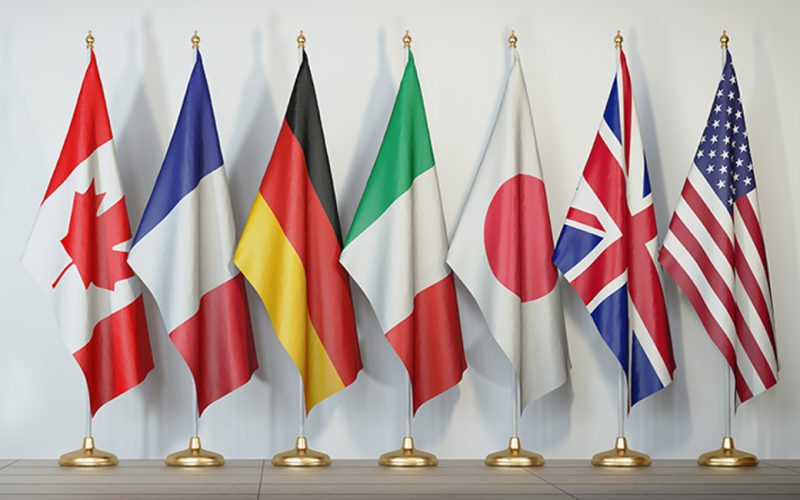The BRICS alliance is using their respective local currencies to settle cross-border transactions on the heels of the upcoming summit. The move puts the West in offensive mode, as the summit could make or break the U.S. dollar. After BRICS rejected France’s proposal to attend the summit in Johannesburg, the alliance was seen as an anti-West group. During a press conference this week, South Africa’s Foreign Minister Naledi Pandor was asked if BRICS was an anti-West body.
Also Read: Will U.S. Economy Be Impacted if BRICS Trade In Local Currencies?
However, Pandor clarified the remarks, saying that BRICS is not anti-West and aims to promote the interests of its members. BRICS “is not by any means an intention to build some form of bloc that is anti-Western and I hope you will not convey any such intention on our part,” she said.
The West is Panicking About BRICS Trading in Local Currency, Says Diplomat


Former Indian Ambassador to Uzbekistan and Turkey, M.K Bhadrakumar, wrote that the West is getting worried about BRICS trading in local currency. He stated that BRICS has “triggered a tectonic shift in the international landscape,” that is making developed countries feel worrisome.
Also Read: Palestine Formally Applies for BRICS Membership
The rise of non-Western countries could reposition the international financial sector and put industry leaders, such as banks and other financial institutions, out of control. If BRICS members’ local currencies gain strength in global trade, the world could experience transformative changes in the geopolitical system.
Therefore, the West could lose its ability to control the narrative and the finances of the international markets. The accelerated pace of the BRICS has made the U.S. feel threatened, as it could lose the power to fund its deficit.
Also Read: BRICS: Over 40 Countries Ready To Join the Alliance
“This threat perception emanates out of a morbid fear of the extinction of the political and economic order,” wrote Bhadrakumar. He summed it up by saying that the “international system is drawing to a close.”





